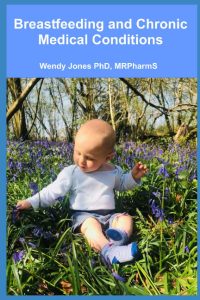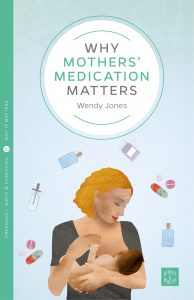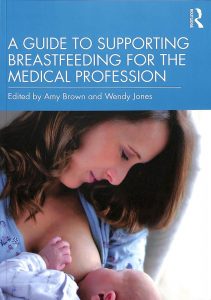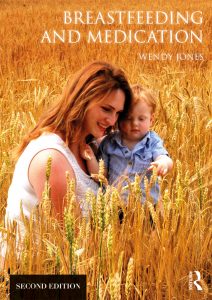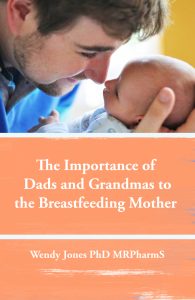Gallstones and Breastfeeding
The development of anaesthetic data was prompted at least in part by the questions from mothers are diagnosis, treatment and surgery for gallstones whilst pregnant. Women are more likely than men to have gallstones and they are more common after the birth of several children so unsurprisingly this frequently covers breastfeeding mothers.
So here are my thoughts and a fact sheet on the topic
gallstones and breastfeeding fact sheet
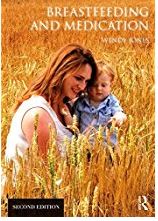

Thrush and Breastfeeding Facebook live video
So many contacts recently about thrush and breastfeeding I have decided to record a presentation I have made many times over the years. I will in a few days record one with detailed prescribing information for doctors and pharmacists . A copy of the slides will go onto my website www.breastfeeding-and-medication.co.uk. Hope this helps everyone. I have found it necessary to leave several social media groups for my own sanity after reading threads where non evidence based practice seems to get perpetuated. This is my view after looking at thrush and breastfeeding for the last 20 years.
Posted by Breastfeeding and Medication on Friday, July 20, 2018
Medicalising Sore Nipples – thrush and breastfeeding July 2018
Change the conversation about medicines and breastfeeding
I spend on average 4 full hours across every day providing info to mums told they HAVE to stop breastfeeding to take medicines. Do more people know about the drugs in breastmilk service or are professionals less willing to take risks so stopping breastfeeding seen as best option? How can we change the conversation ?
Where does it make sense to tell mothers stop breastfeeding to take medicines when we have specialist support texts and services? Breastfeeding has HUGE advantages for mums, babies and the economy. We need to listen, support and provide evidence based info for all mums breastfeeding and formula feeding not rely on manufacturers
There are economic savings for the health economy. Renfrew (2012) provided a detailed cost analysis of potential savings, reductions in hospital admissions and GP appointments:
Assuming a moderate increase in breastfeeding rates, if 45% of women exclusively breastfed for four months, and if 75% of babies in neonatal units were breastfed at discharge, every year there could be an estimated:
- 3,285 fewer gastrointestinal infection-related hospital admissions and 10,637 fewer GP consultations, with over £3.6 million saved in treatment costs annually
- 5,916 fewer lower respiratory tract infection related hospital admissions and 22,248 fewer GP consultations, with around £6.7 million saved in treatment costs annually
- 21,045 fewer acute otitis media (AOM) related GP consultations, with over £750,000 saved in treatment costs annually
- 361 fewer cases of NEC, with over £6 million saved in treatment costs annually.
In total, over £17 million could be gained annually by avoiding the costs of treating four acute diseases in infants. Increasing breastfeeding prevalence further would result in even greater cost savings”
In addition, if half those mothers who currently do not breastfeed were to breastfeed for up to 18 months in their lifetime, for each annual cohort of around 313,000 first-time mothers there could be:
- 865 fewer breast cancer cases with cost savings to the health service of over £21 million, 512 breast cancer-related quality adjusted life years (QALYs) would be gained, equating to a value of over £10 million.
This could result in an incremental benefit of more than £31 million, over the lifetime of each annual cohort of first-time mothers.
